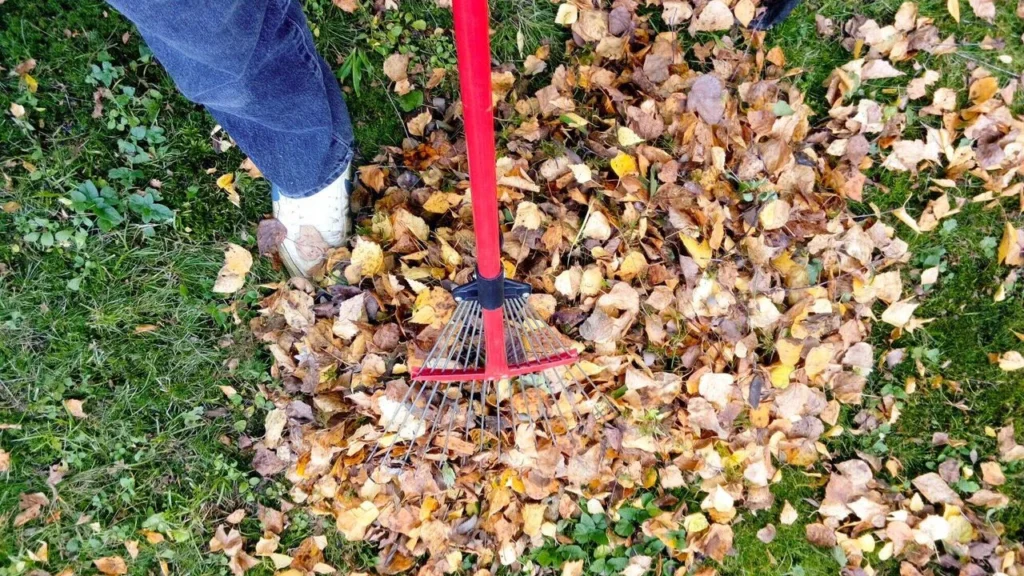In today’s busy world, waste is a common result of what we do every day. From building sites to homes and factories, waste is everywhere. If we don’t manage this waste properly, it can harm our environment in many ways.
Improper debris removal can lead to pollution, harm wildlife, and even affect our health. Understanding these impacts is important so we can take action. In this article, we’ll look at the major effects of improper debris removal.
We’ll also share simple steps we can all take to help reduce these problems and protect our planet. Let’s dive in!
Water Pollution
One of the most harmful effects of improper debris disposal is water pollution. When debris is not managed properly, rainwater can carry harmful chemicals and pollutants from the waste into nearby water bodies. This can lead to the contamination of:
- rivers
- lakes
- groundwater
This is affecting marine life and human health. To prevent this, make sure that waste is disposed of in designated areas and avoid illegal dumping near water sources. Using filtration systems and regularly monitoring water bodies can also help with early detection and prevention of contamination.
Soil Contamination
Improper debris removal can lead to soil contamination, which threatens agriculture and ecosystems. Toxic substances from debris can seep into the soil, affecting plant health and reducing soil fertility.
To fight this, practice responsible disposal methods like recycling and composting. Use eco-friendly materials in construction and manufacturing. This can also reduce the amount of harmful waste produced.
Air Pollution
Open burning of waste is common in some areas, but it hurts air quality. Harmful gases like carbon monoxide, sulfur dioxide, and tiny particles are released into the air, making breathing problems worse and adding to climate change.
To stop this, try to reduce waste by reusing and recycling materials. Using facilities that allow proper sorting and processing of waste can help reduce the need for burning.
Wildlife Harm
Improper construction debris removal can harm wildlife. Animals might eat toxic materials, get tangled in debris, or lose their homes because of waste buildup. This can cause injury, disease, or even death. To reduce this impact, make sure waste is sorted and contained correctly.
Join community clean-up events and support policies that protect natural habitats from waste.
Human Health Risks
Exposure to improperly disposed waste can pose serious health risks to people. Contaminated water and soil can cause diseases like cholera, dysentery, and respiratory problems. Having strict waste management rules. This includes:
- regular waste collection
- disposal services
- education on proper waste segregation and disposal
This can help keep communities safe. Teaching the public about proper waste disposal and the dangers of neglect can also encourage better yard waste removal practices.
if you don’t know where to start, you can try searching terms like “junk removal Austin” on Google to find local businesses that offer proper waste disposal services.
Discover the Environmental Impact of Improper Debris Removal Today
Proper debris removal is crucial for maintaining environmental integrity and public health. By understanding the impacts of improper waste disposal and taking proactive measures, communities can safeguard natural ecosystems and create a sustainable future.
Adopting practices like recycling, composting, and participating in clean-up initiatives can significantly reduce the adverse effects of waste. Through education and collective effort, we can ensure that our environment remains clean and healthy for generations to come.
Did you find this article helpful? Check out the rest of our blogs!







